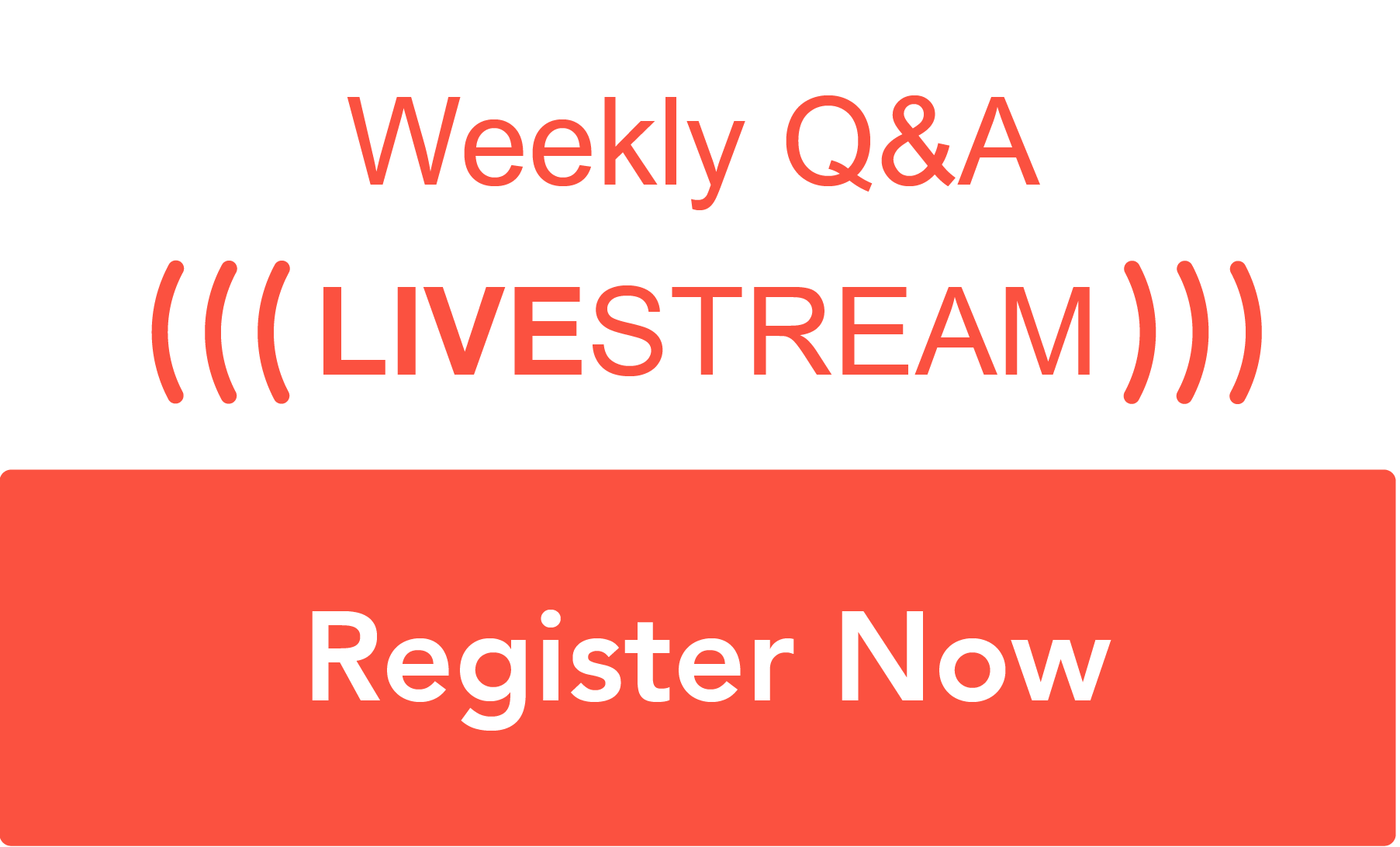Social Change-U
J&A is committed to re-centering society on its most basic unit – the family.
However, focusing solely on families is only part of the solution; we also need to focus on “pre-families”, the young adults who are not yet married.
The early years of adulthood are critical to personal development and will play a significant role in future families. Social Change-U seeks to help young adults find their own path and discover how they can best contribute to society. This commitment requires a degree of personalization that is not possible in education currently. Social Change-U is a powerful tool to assist young adults in their quest for their life purpose.
Social Change-U is an eight-year program divided into three phases that leverage the three main catalysts – Personal Relations, Experiential Learning, and New Visual Media – to enhance each student’s educational experience and personal development towards making social change in society.
The first two years of the program will be preparation. This includes assisting participants in finding and building a source of income to support themselves for the duration of the program. They can work in social change businesses connected with J&A or find other sources of income such as building a business. Participants will also invest in their education and improve their skills in areas such as reading, writing, and history.
The next four years will be spent in rigorous personal study, developing relationships with fellow participants in groups of four, and interactions with student advocates and specialists in areas of interest to the participants. Common to all participants will be a vigorous liberal arts education – including history, philosophy, writing, and literature that is again self-lead.
The last two years will be a time of exploration. Students will travel or perhaps move from place to place frequently as they explore how they can leverage their education to help individuals, families, and communities in a variety of circumstances.
Social Change-U will be effective in large part due to its focus on the “whole person”. On college campuses, students are often lost in the sea of faces and become merely a number in the eyes of professors for practical reasons. Instead, participants will be organized into groups of four for the duration of the program. This group will meet together regularly to share what they are learning, brainstorm ideas, and obtain feedback on writing and projects. As they will be together throughout the program, they will learn to see each other as whole individuals with history, numerous talents, personal aspirations, and unique strengths.
These groups will not be left completely to their own devices although they will provide the driving force for their own education. Social Change-U will provide student advocates who can provide advice as well as connect participants with individuals outside the program who specialize in specific areas of interest to the participants. Read the corresponding chapter of the book or visit the Social Change U website: SocialChange-U.com

